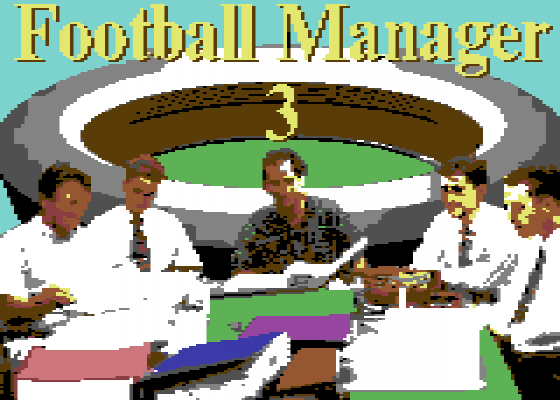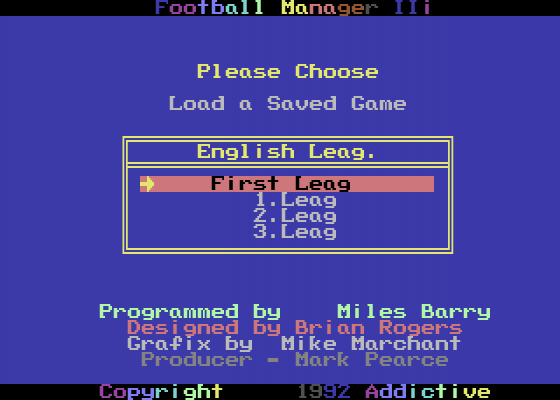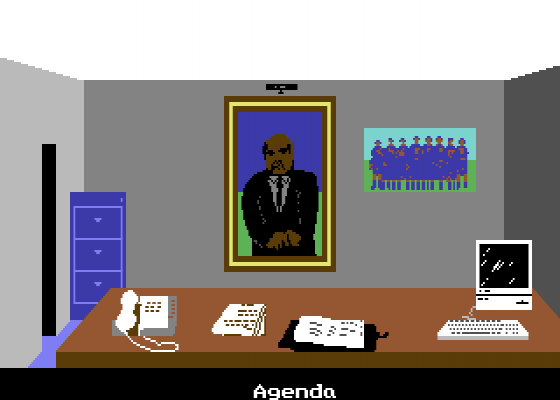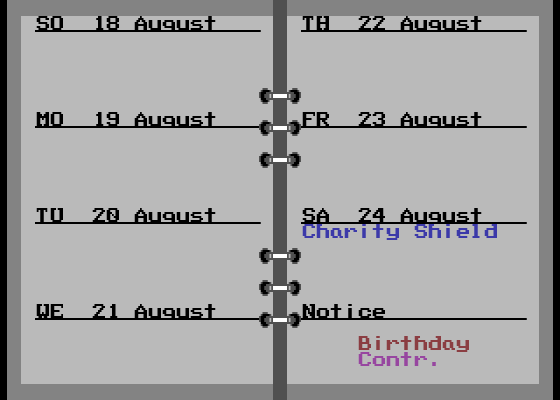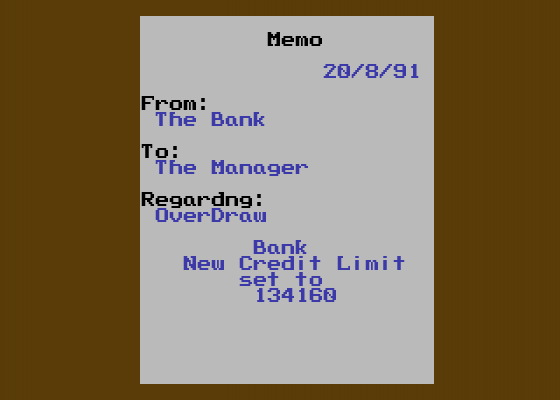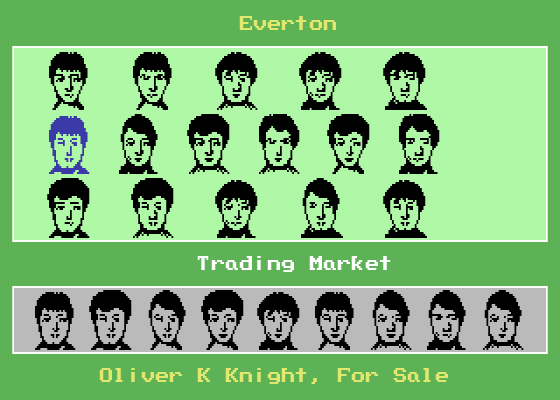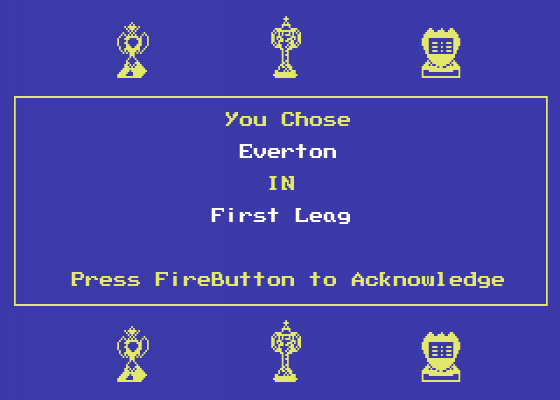
Commodore Format
 1st March 1993
1st March 1993
Categories: Review: Software
Publisher: Addictive Games
Machine: Commodore 64/128
Published in Commodore Format #30
Football Manager 3 (Addictive Games)
It was a legend in its own half-time. The original Football Manager sold like tickets to a Bristol Rovers match... er... would sell if Bristol Rovers were playing AC Milan in the European Cup Final. Now the whistle's blown on the latest version and CF's very own talent scout, Trenton, has been studying how it shapes up...
Careers that can be wiped out by a single goal cannot be described as secure. So it's a bit of a mystery why anybody would want to be a football manager. Millions of us think we could do a better job, and insist on yelling the fact on the terraces, but few of us would actually want to tackle the task for real.
This is where good football management simulations can really score; there's absolutely no risk! You can enjoy the success without the fear that your next training session will be down at the local Job Club. And Football Manager 3 is a good enough sim to be in the Premier League.
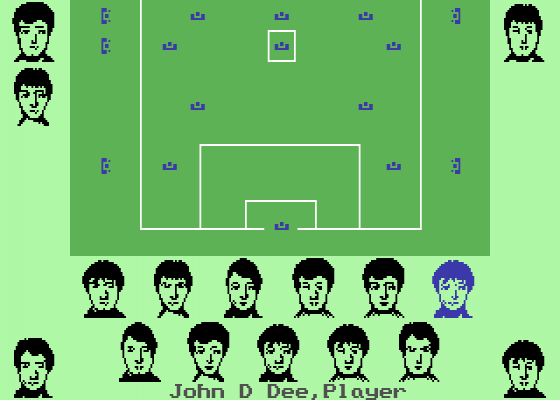
That's not where FM3 kicks off, though, oh no Missus. The team you take over is wallowing in the third division. Oh yeah, and it's composed of donkeys, has-beens and OAPs. And then there's the fact you've got no money. And what are you expected to do? Get the team into the Premier League and do the treble (win the League Championship, League Cup and FA Cup in the same season). Now that's what I call a challenge!
A big job demands a big desk, and that's just what you get in FM3. From behind your polished teak fortress, you highlight various items of office furniture at the press of a button. This is no weird executive toy, but the icon system that allows you to attempt to control your fate.
Your primary task as manager is to train up the dregs and drop-outs who masquerade as your first team. By setting each squad-members training priorities, you attempt to improve both their skill and strength, so that they can do really difficult things like kick the ball! You just nudge the sliders along with the joystick to set their targets and then as the weeks start to pass, the players do too (or at least, that's the plan).
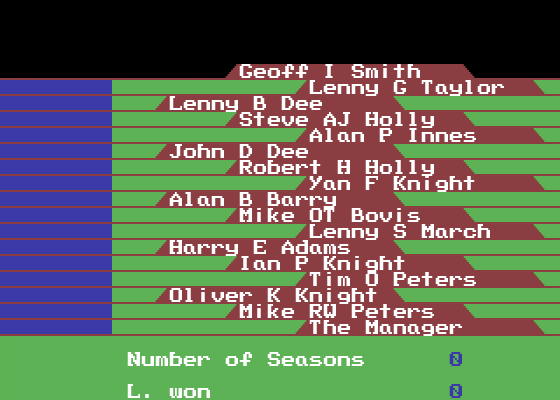
A talented team is an obvious benefit on the park, but it also helps ease cash-flow problems. The better your players are, the more people will buy tickets to see them, the more you can charge the punters and the more you can borrow from the bank. Your financial status is constantly monitored by 'the Board', the boys whose 'vote of confidence' can cost you your job. They are contacted in true Thunderbirds style, by highlighting a portrait of someone who looks and acts like the Hood, so it pays to stay in their good books (i.e. in credit).
The single most common cause of debt amongst football managers is the telephone. It's not that you'll run up a huge bill, telling your mum that you don't need a jumper - it is a modern air-conditioned office after all! - but that the phone is a direct line to the transfer market. To tap into this 'reservoir of talent' just click on the phone. Debt, where is thy sting?
Even the dull office stuff, like keeping player records, your daily diary and stats on rival clubs is automatically taken care of. They offer all the info a growing manager could want and are only a few joystick clicks away. Which means you don't mind keeping tabs on them - too much.
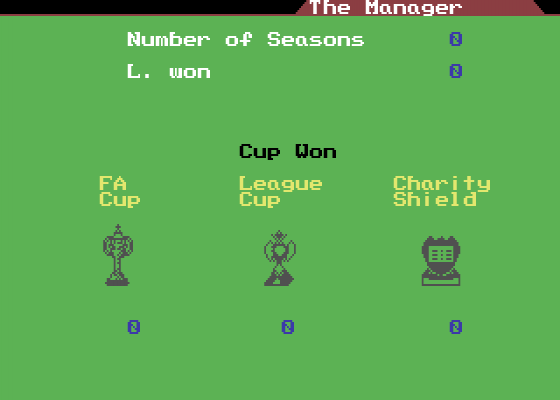
At the core of the FM3 is your team's performance each Saturday, so you get to watch the game live, in Land-Of--The-Giants-O-Vision. A text commentary relates the on-the-ball action, while tiny stick-men players move about the pitch in a mysterious way. It's here you learn that your tactical master plan has a couple of fatal flaws.
FM3 could never be accused of being hectic, but it is compulsive. The menus are easily accessed and allow you to double check every detail. Which is just as well, because there are hordes of 'details' that must be monitored constantly, if you are to put out the best side available each Saturday.
FM3 does score a few own goals but never loses a match. For example, each player has a portrait to identity them, but they re all so similar, they're pointless. The less-than-polished graphics do their job, though, and help throw off some of the spreadsheet stereotyping that plagues management sims. Then there are the player's stupid names. As they're generated randomly (I hope!) you can end up with a squad composed of players with names like Yan OT Lavis, which don't exactly trip off the tongue and make naming a squad murder.
The only other gripe is the occasional gameplay doldrums, moments when you're twiddling your thumbs, waiting for something to happen. Luckily, they're rare but they do remind you to pay attention to every aspect of your club.
FM3 wins through as a game, and not just as a management sim, because it offers flexibility allied to a speedy set-up. By the time you've got the hang of the controls, you'll be deep into a season and committed to the team you've created. You'll be sure that if you just stick with them just a little longer, they'll get a good run in the cup. And when they do, you'll be over the moon.
Good Points
- How big? This is a massive challenge.
- Flexible and fast.
- Options coming out of its ears.
- Everything you could want from a footie sim.
Bad Points
- The gameplay does lull occasionally.
- Iffy graphics.
Scores
Commodore 64/128 Version| Overall | 84% |


